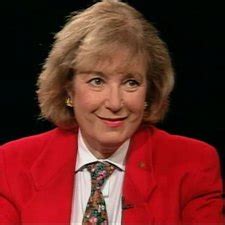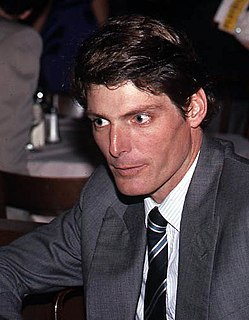A Quote by Emily Giffin
Where we belong is often where we least expect to find ourselves—a place that we may have willed ourselves to forget, but that the heart remembers forever.
Related Quotes
At some time, often when we least expect it, we all have to face overwhelming challenges. When the unthinkable happens, the lighthouse is hope. Once we find it, we must cling to it with absolute determination. When we have hope, we discover powers within ourselves we may have never known- the power to make sacrifices, to endure, to heal, and to love. Once we choose hope, everything is possible.
The question we need to ask ourselves is whether there is any place we can stand in ourselves where we can look at all that's happening around us without freaking out, where we can be quiet enough to hear our predicament, and where we can begin to find ways of acting that are at least not contributing to further destabilization.
We cannot too soon convince ourselves how easily we may be dispensed with in the world. What important personages we imagine ourselves to be! We think that we alone are the life of the circle in which we move; in our absence, we fancy that life, existence, breath will come to a general pause, and, alas, the gap which we leave is scarcely perceptible, so quickly is it filled again; nay, it is often the place, if not of something better, at least for something more agreeable.
We leave something of ourselves behind when we leave a place. We stay there even though we go away and there are things in us we can find again only by going back there. We travel to ourselves when we go to a place. We have covered a stretch of our life no matter how brief it may have been but by traveling to ourselves we must confront our own loneliness. And isn’t it so that everything we do is done out of fear of our loneliness? Isn’t that why we renounce all the things we will regret at the end of our life?


































